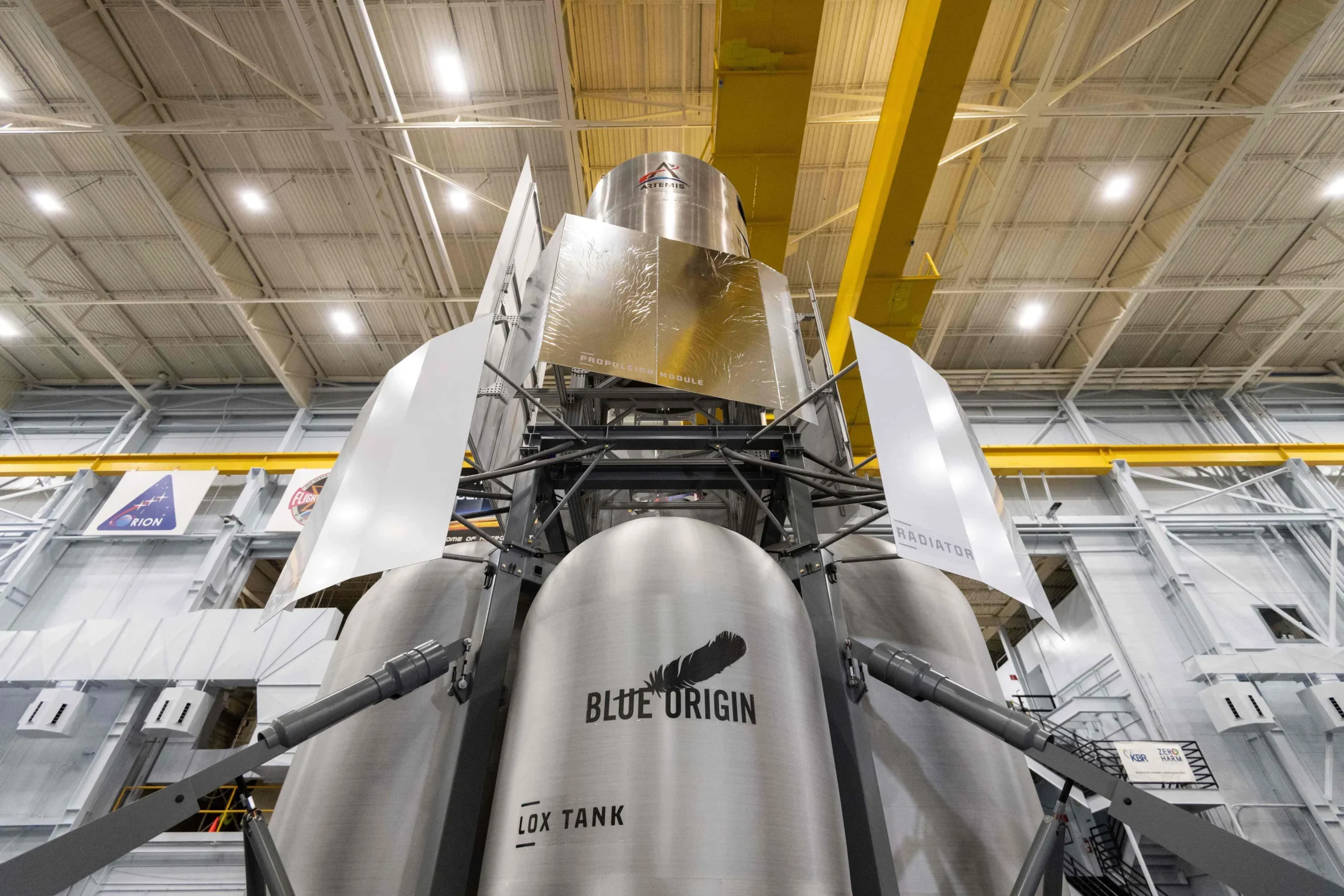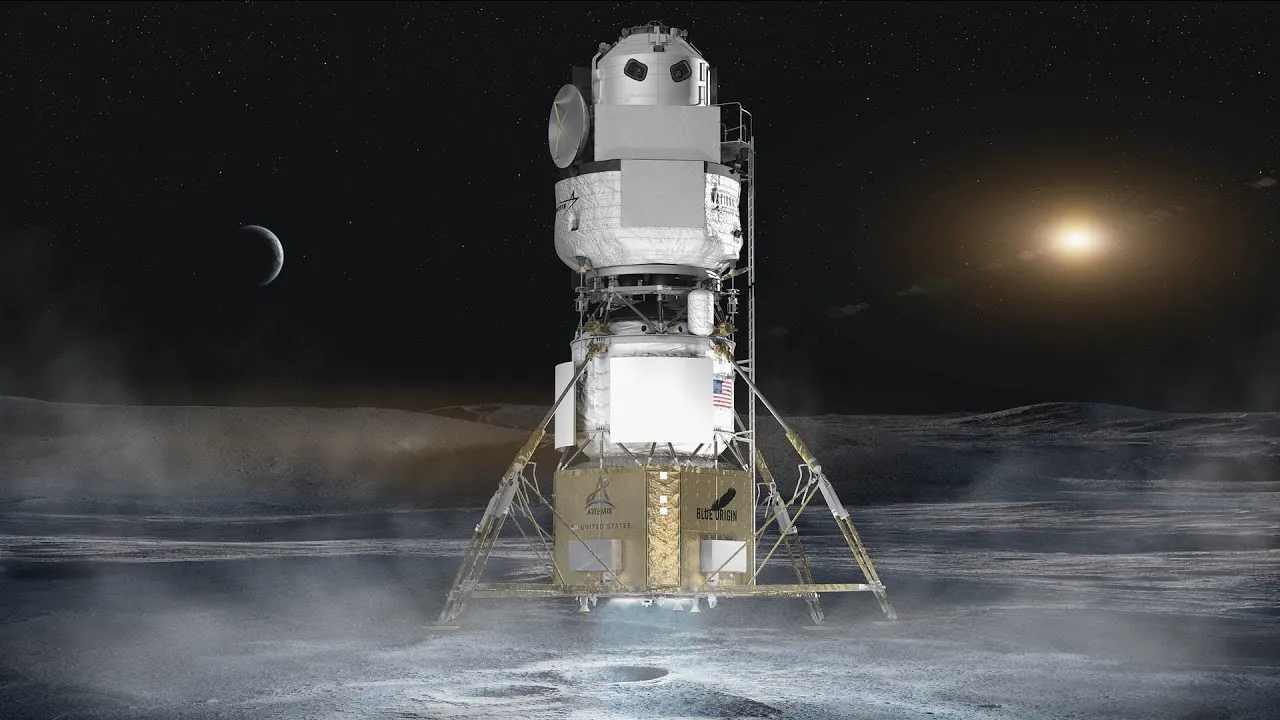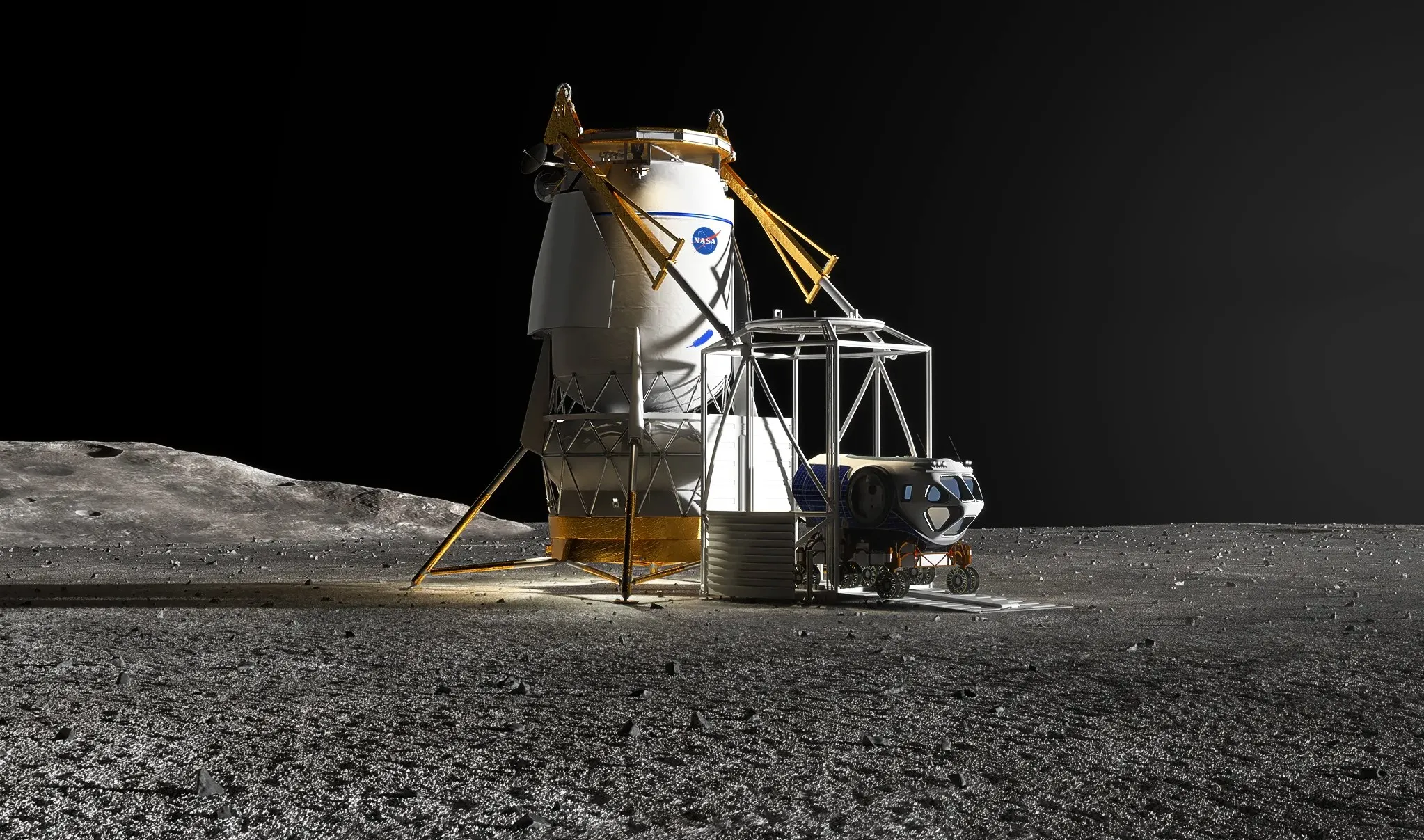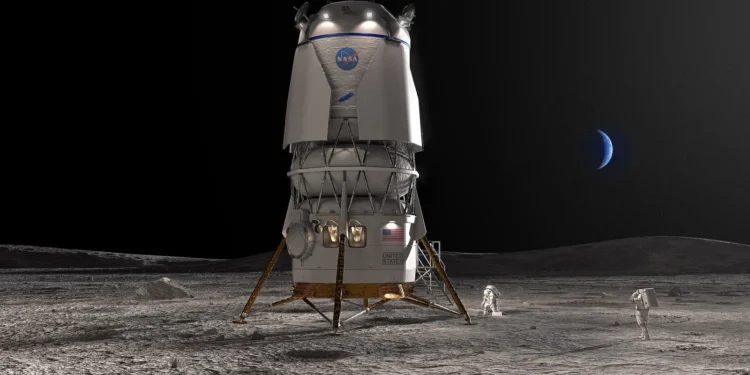In the vast expanse of the West Texas desert, a new chapter in space exploration is poised to unfold. Blue Origin, the aerospace manufacturer and sub-orbital spaceflight services company founded by Jeff Bezos, is gearing up for a significant launch next week from Launch Site One, just outside of Van Horn, Texas. This upcoming New Shepard flight, dubbed NS-29, is not just another entry in the company’s launch log; it marks a groundbreaking experiment in simulating the moon’s gravity, a first of its kind for the spacecraft.
Scheduled for early Tuesday morning, with the launch window opening at 9 a.m. Mountain Time, NS-29 promises to propel 30 payloads into a brief, yet unprecedented experience of lunar gravity. For at least two minutes, these payloads will mimic the moon’s gravitational forces, providing invaluable data that could shape the future of lunar exploration.

A Leap Toward Lunar Exploration
The significance of NS-29 extends beyond its novel gravitational experiment. This flight is set to test technologies across six broad categories crucial for moon missions: in-situ resource utilization, dust mitigation, advanced habitation systems, sensors and instrumentation, small spacecraft technologies, and entry, descent, and landing. Such comprehensive testing underscores Blue Origin’s commitment to enhancing the viability of lunar exploration.
“Proving out these technologies at lower cost is another step toward Blue Origin’s mission to lower the cost of access to space for the benefit of Earth,” the company stated in a recent news release. This mission also serves as a vital platform for NASA and other technology providers working towards the Artemis program goals, facilitating the advancement of tech innovations critical for moon surface exploration.

Expanding Horizons: Over 175 Commercial Payloads and Counting
NS-29 is notable not only for its scientific and technological implications but also as a milestone for commercial spaceflight. This flight will increase the total number of commercial payloads flown by New Shepard to over 175. Out of the 30 payloads onboard, 29 will be housed within the crew capsule, while one will experience the ambient space environment attached to the booster.
Moreover, the mission will carry thousands of postcards to space on behalf of Club for the Future, Blue Origin’s STEAM-focused nonprofit. This initiative aims to ignite passion for space among young minds, encouraging them to explore careers in science, technology, engineering, arts, and math.

As anticipation builds, space enthusiasts worldwide can join in the excitement by tuning into a webcast set to begin 15 minutes before liftoff. This event is not just a launch but a spectacle of human ingenuity and a beacon of future lunar missions.
Blue Origin continues to push the boundaries of what is possible in space travel, and NS-29 is a testament to the company’s dedication and innovative spirit. As we stand on the cusp of new discoveries and technologies that could one day see humans return to the Moon, and perhaps stay there, the importance of missions like NS-29 cannot be overstated.










